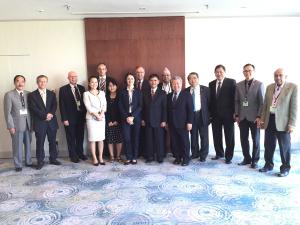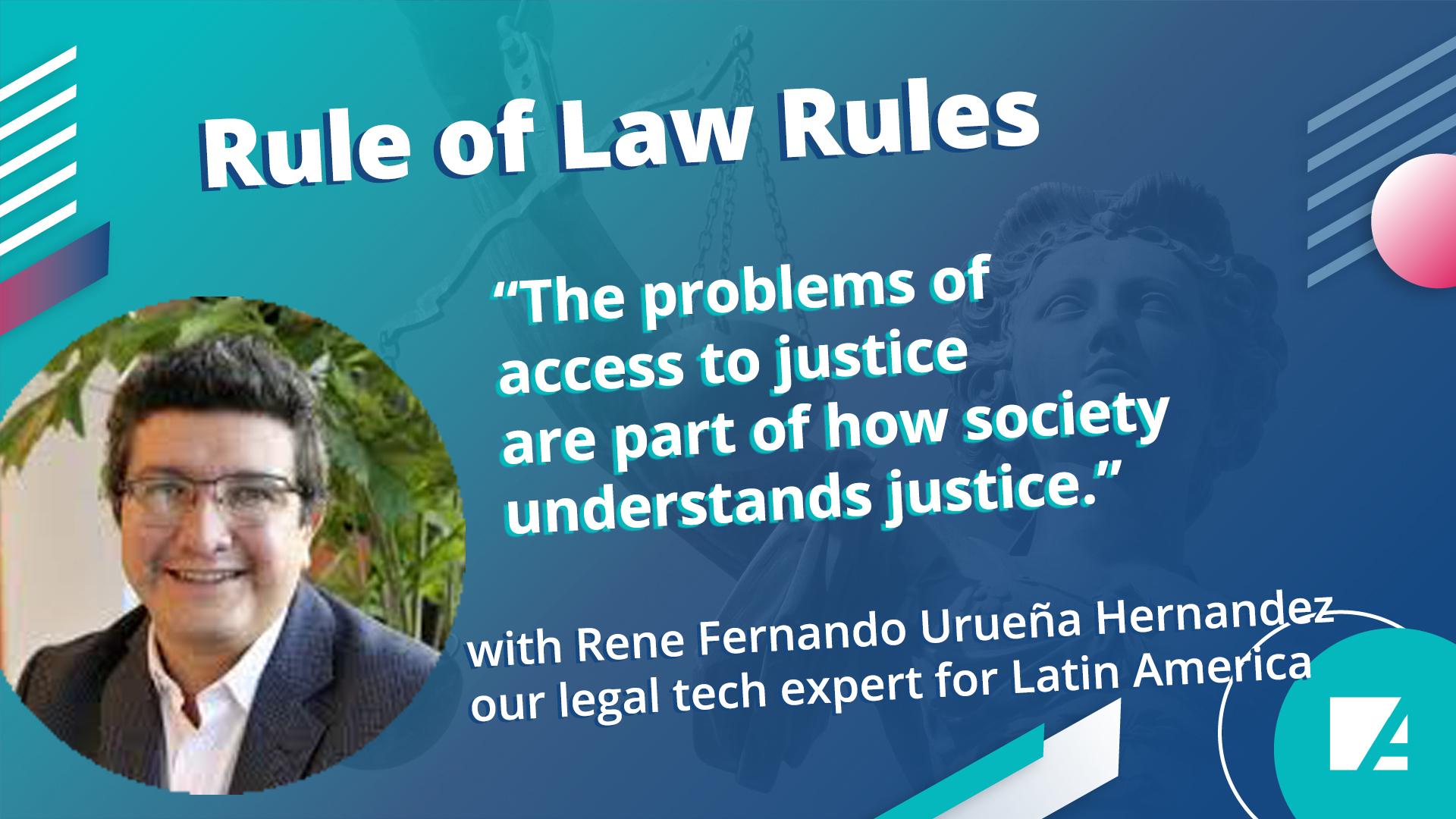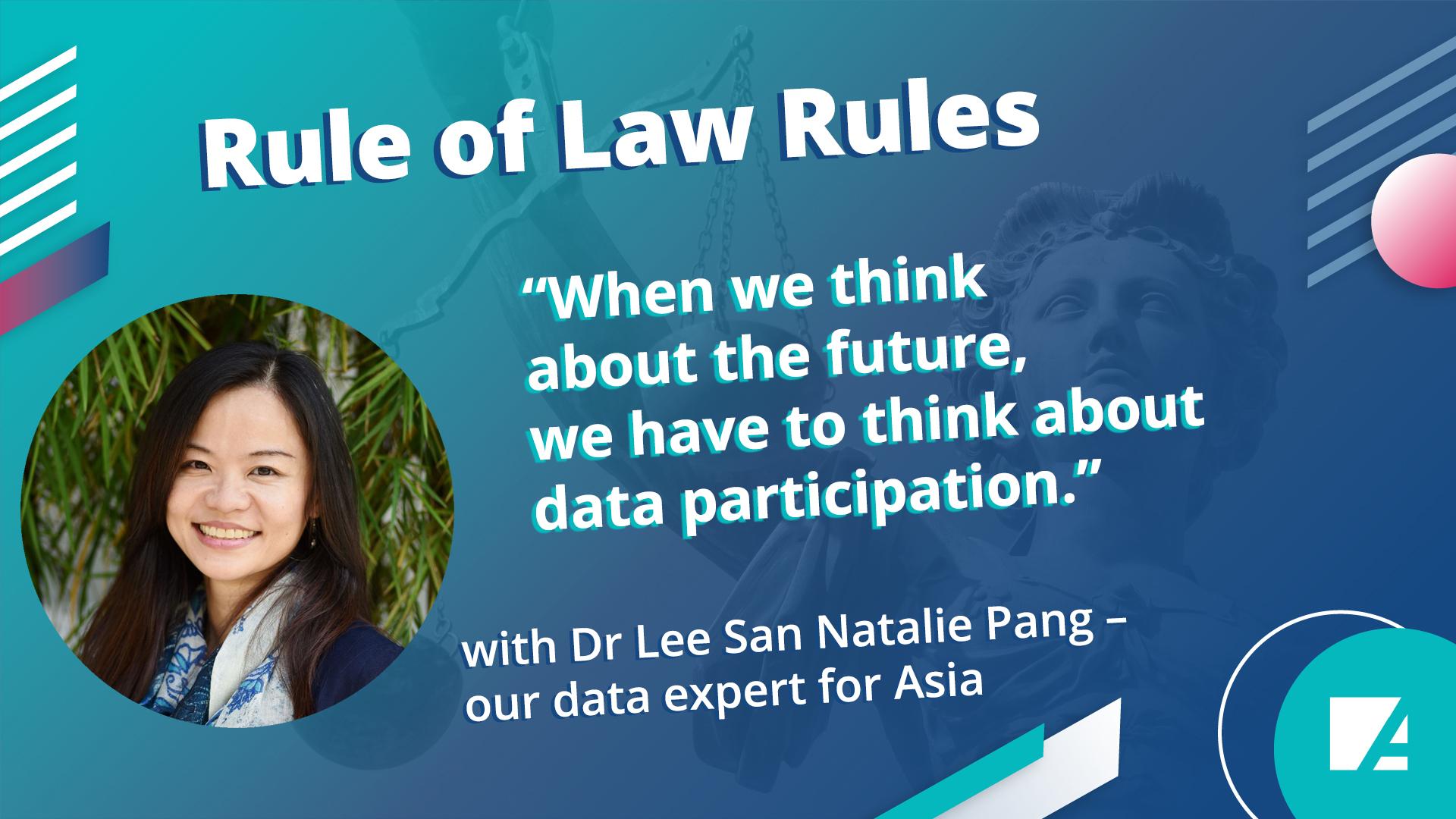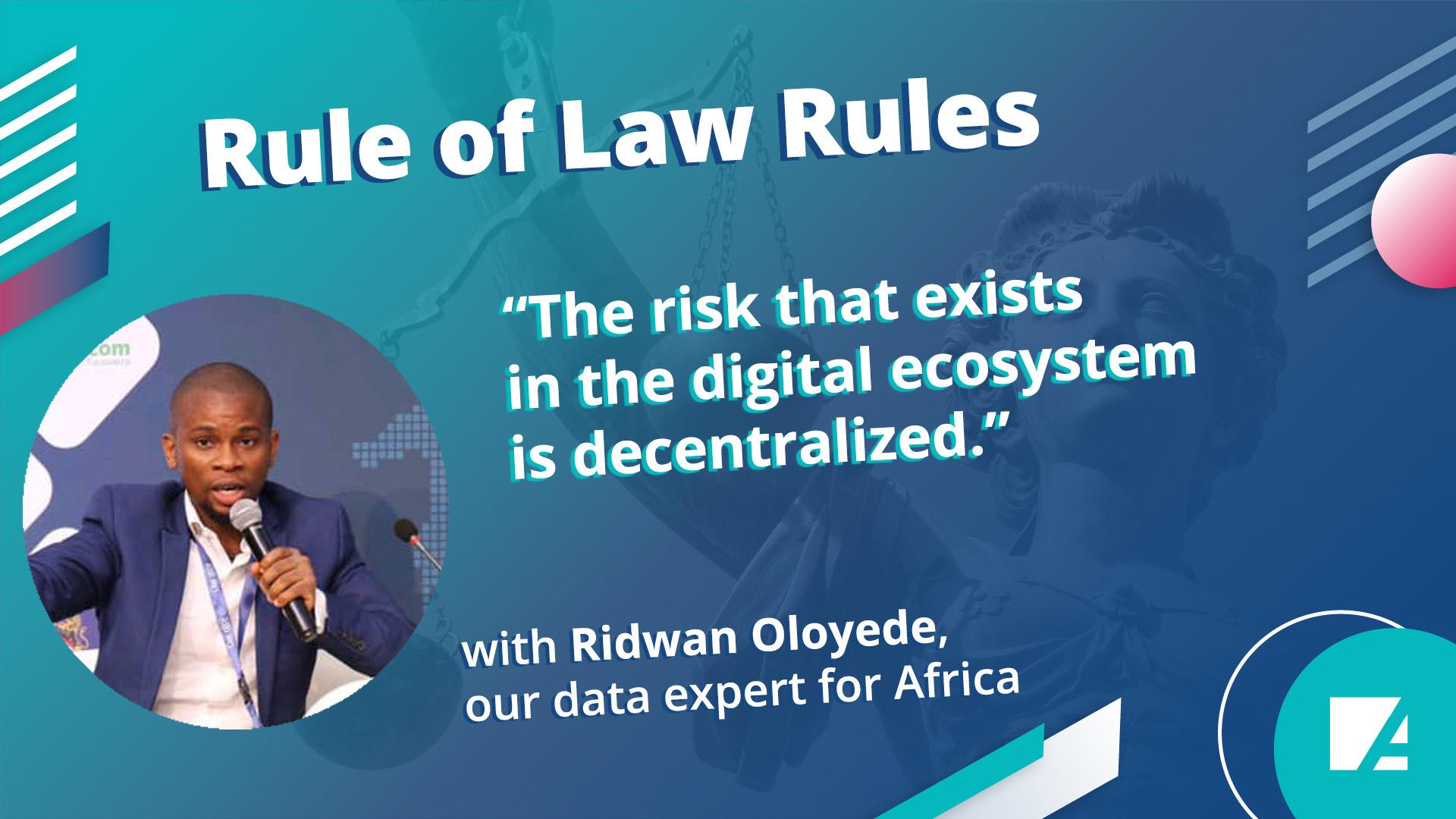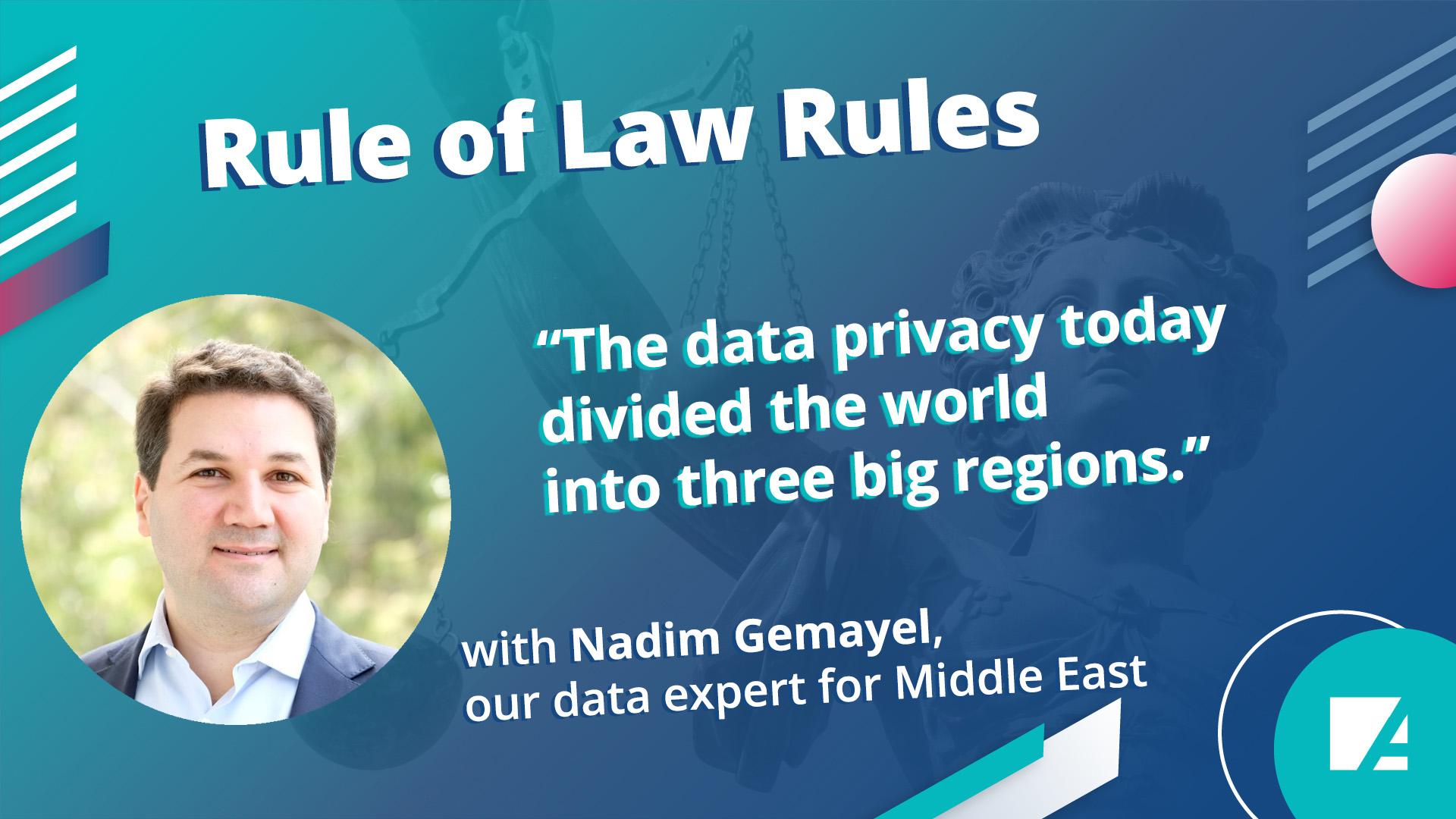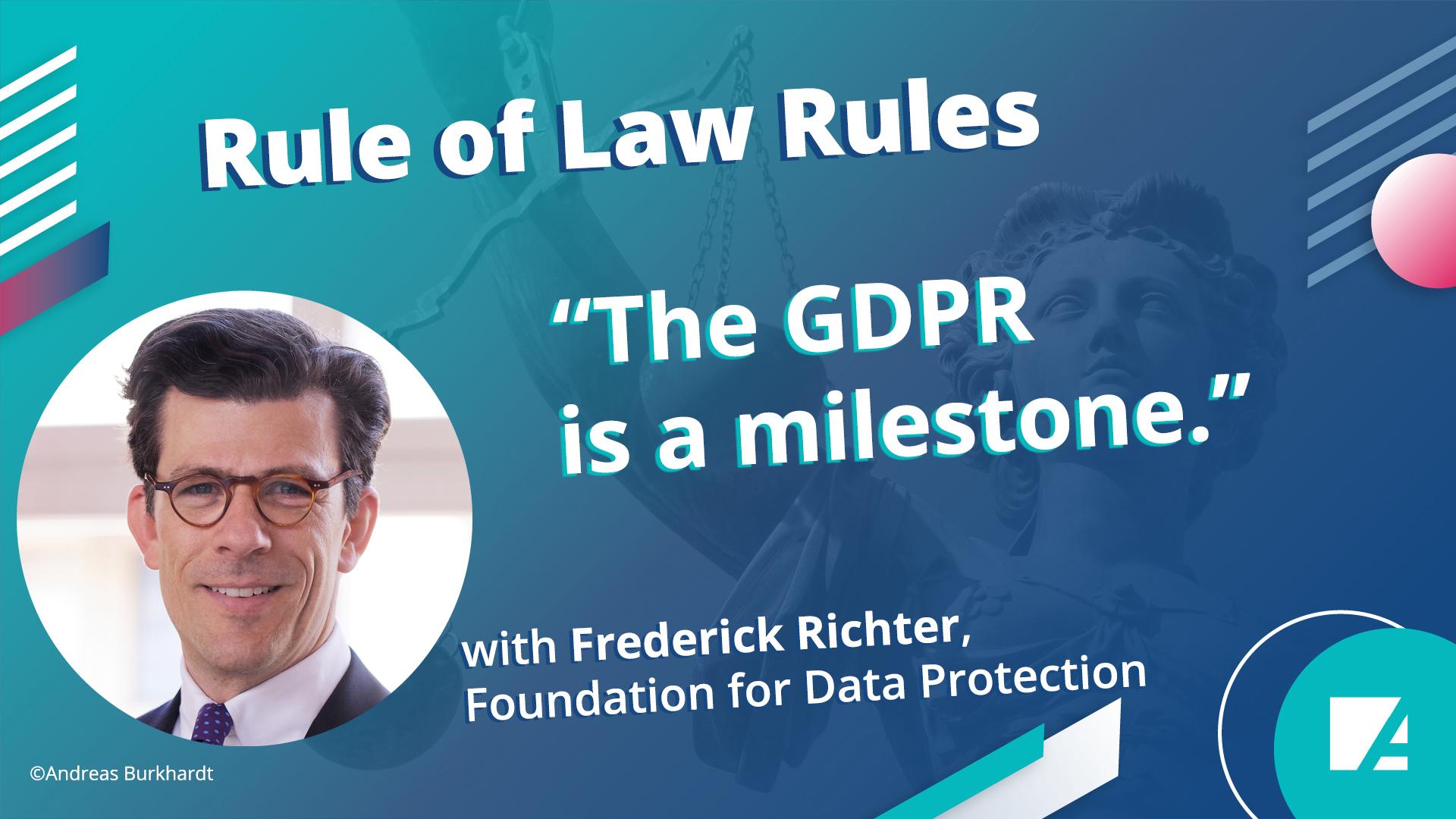Event reports
The research group session sought to further three main aims:
First, to develop dialogue between the participants and share their experiences on the successes and challenges of constitutionalism in their respective regions;
Second, to increase an awareness of the importance of cultural and societal contexts in the development of a ‘culture of constitutionalism’; and
Third, to provide new categories of constitutional thought and practice that are not wholly rooted in Western ideas and conceptions.
This year’s research group was structured by way of four thematic sessions that addressed various issues concerning constitutionalism and its development in Asia. Given this focus, the session on ‘Transitional Constitutionalism’ was of particular significance, which saw representatives from countries like Nepal, Thailand and Vietnam, which have or are currently undergoing periods of socio-legal transition and engaged in the process of constitution-making.
Apart from examining country case-studies on the experiences of constitutionalism, our participants also considered theoretical aspects of constitutionalism, including proposing alternative approaches to examining the development of constitutionalism in Asia that recognises the influence of political, economic and socio-cultural factors. Much of the discussion during the sessions focused on the significance of cultural contexts in Asian constitutionalism and constitutional interpretation. A point that was stressed was the need to engage in dialogue that extends beyond the academic sphere, by including the involvement of other stakeholders such as policy-makers, legal practitioners and especially civil society, as well as encouraging collaboration and a multidisciplinary approach to conducting research on constitution-building and constitutional thought in Asia.
Our participants also concluded that given cultural and regional particularities, there needs to be an emphasis on greater comparative constitutional research, doctrinal analysis, and socio-legal research. In particular, it was highlighted that there is a need to consider whether legal research should serve the development needs of the region and if so, we required trained legal practitioners to ensure that constitutional theory can be put into practice to enhance a ‘culture of constitutionalism’ in the region.



